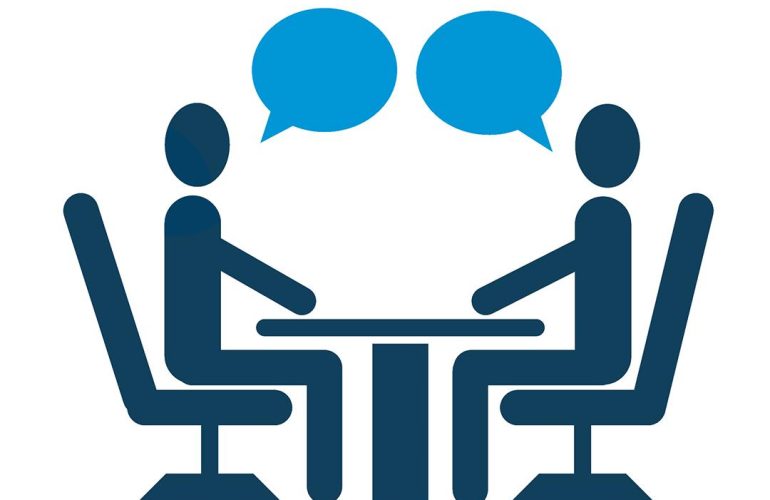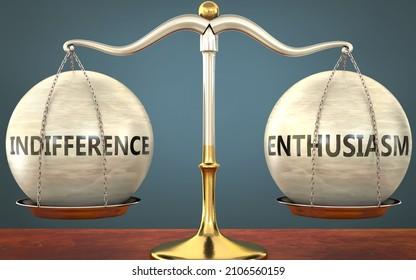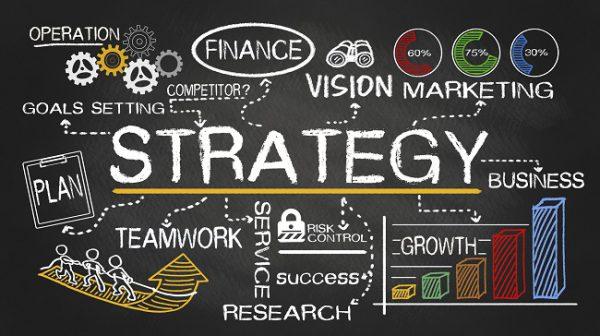In an era where digital communication has become the cornerstone of professional interactions, the traditional job interview has evolved dramatically. As businesses increasingly embrace remote work policies, the ability to navigate virtual interviews has emerged as an essential skill for job seekers. This technical guide aims to equip candidates with the tools, strategies, and best practices necessary to excel in remote job interviews. From understanding the intricacies of video conferencing platforms to optimizing your digital presence and managing technical challenges, we will delve into the critical aspects of preparing for and succeeding in remote interviews. With insights drawn from industry experts and the latest research, this article serves as a comprehensive resource for those looking to master the nuances of remote job interviewing in a competitive job market.
Table of Contents
- Essential Technology Setup for Remote Interviews
- Optimizing Your Virtual Communication Skills
- Techniques for Effective Remote Presentation
- Common Software Tools for Conducting Remote Interviews
- In Conclusion
Essential Technology Setup for Remote Interviews
To create a seamless experience during your remote interviews, it’s crucial to have the right technology in place. Begin by ensuring a stable and speedy internet connection; aim for at least 20 Mbps download and 5 Mbps upload speeds for uninterrupted video quality. Additionally, equip yourself with a reliable pair of headphones with a built-in microphone to minimize background noise and enhance audio clarity. Consider using a dedicated webcam if your laptop’s built-in camera doesn’t offer high definition, as a clear image can significantly impact the interviewer’s perception of your professionalism.
Your software setup is equally important. Familiarize yourself with the video conferencing platform that will be used, whether it’s Zoom, Google Meet, or Microsoft Teams. Check for updates and practice using the software to navigate features such as screen sharing and chat functions smoothly. To help with any technical difficulties that may arise, keep a backup plan ready, such as having your phone nearby for a voice call or utilizing an alternative video platform if needed. Always test your equipment and software at least a day before the interview to ensure everything is functioning correctly.
Optimizing Your Virtual Communication Skills
In the realm of remote interviews, effective communication is key. Start by ensuring your technology is set up for success: test your camera and microphone ahead of time, and choose a quiet, well-lit space that minimizes distractions. Engage actively by maintaining eye contact through the camera, nodding occasionally to convey understanding, and offering brief verbal affirmations. Use a clear and articulate speaking style—avoid mumbling and maintain a steady pace. Familiarize yourself with the platform you’ll be using, whether it’s Zoom, Microsoft Teams, or another tool, so you can navigate it smoothly without fumbling during the interview.
Non-verbal cues can make a substantial impact, so be mindful of your body language. Sit up straight and lean slightly forward to display interest, and remember to smile when appropriate. To further enhance your effectiveness, consider preparing a few key questions related to the company or role ahead of time; this demonstrates initiative and curiosity. Additionally, if you anticipate technical challenges, prepare a brief backup plan—such as a phone call or a secondary device—to ensure the interview can proceed smoothly. Confidence is rooted not just in what you say, but how you convey it; mastering these subtleties can significantly improve the impression you leave on your interviewers.
Techniques for Effective Remote Presentation
Mastering remote presentations is crucial for making a lasting impression during job interviews. Start by ensuring your technology is up to par; utilize a reliable internet connection, high-quality webcam, and professional-grade microphone. This foundation will minimize technical disruptions and convey professionalism. Pay close attention to your lighting and background; choose a quiet location with adequate lighting that enhances your visibility. A tidy, neutral backdrop keeps the focus on you, while eliminating distractions enhances viewer engagement.
Engagement is key to effective communication in a remote setting. Incorporate visual aids like slides or infographics to illustrate your points clearly. However, avoid cluttering your visuals with excessive text; instead, focus on key takeaways. During the presentation, consider utilizing the chat function or a polling tool to involve your audience actively. This interactivity can be woven into your presentation format to encourage questions and discussion. Lastly, rehearse thoroughly; practice will enable you to present confidently and address any potential technical challenges seamlessly.
Common Software Tools for Conducting Remote Interviews
In the current digital landscape, various software tools have emerged to facilitate effective remote interviews, streamlining the hiring process and enhancing communication between candidates and recruiters. Video conferencing platforms have become particularly essential, allowing for real-time interactions that closely resemble in-person meetings. Some of the most widely used tools include:
- Zoom: Known for its reliability and user-friendly interface, Zoom supports features like screen sharing and breakout rooms.
- Microsoft Teams: Integrated with Microsoft Office, Teams is perfect for organizations already using Microsoft products, offering seamless collaboration.
- Google Meet: This tool is accessible through any Google account, making it an excellent option for teams relying on G Suite for their operations.
Additionally, tools that focus on integrating assessments and evaluations during the interview process are gaining traction. These platforms help streamline candidate screening and skill assessment, ensuring a comprehensive evaluation. Consider incorporating:
| Tool | Features |
|---|---|
| Codility | Real-time coding tests and automated evaluations. |
| HackerRank | Technical assessments across various programming languages. |
| Interviewing.io | Anonymous mock interviews with industry professionals. |
By employing these advanced software tools, employers can create an engaging and efficient interview experience that bridges the gap created by remote work environments.
In Conclusion
mastering the remote job interview is an essential skill in today’s evolving job market. By leveraging the technological tools at your disposal and adopting a strategic approach to preparation, candidates can significantly enhance their chances of success. Remember to conduct thorough research on both the role and the company, familiarize yourself with the interview platform, and ensure your technical setup is optimized for a seamless experience.
Moreover, honing your ability to communicate effectively in a virtual environment, while demonstrating your unique qualifications, will enable you to stand out in a competitive field. As remote work continues to gain prominence across various industries, those who can navigate the nuances of remote interviews will undoubtedly have a competitive edge.
As you embark on your journey toward securing your desired position, equip yourself with the insights and strategies outlined in this guide. By doing so, you are not just preparing for the interview itself, but also laying the groundwork for a successful remote work career. Embrace the opportunity that remote interviews present, and let your skills shine through the digital medium.






